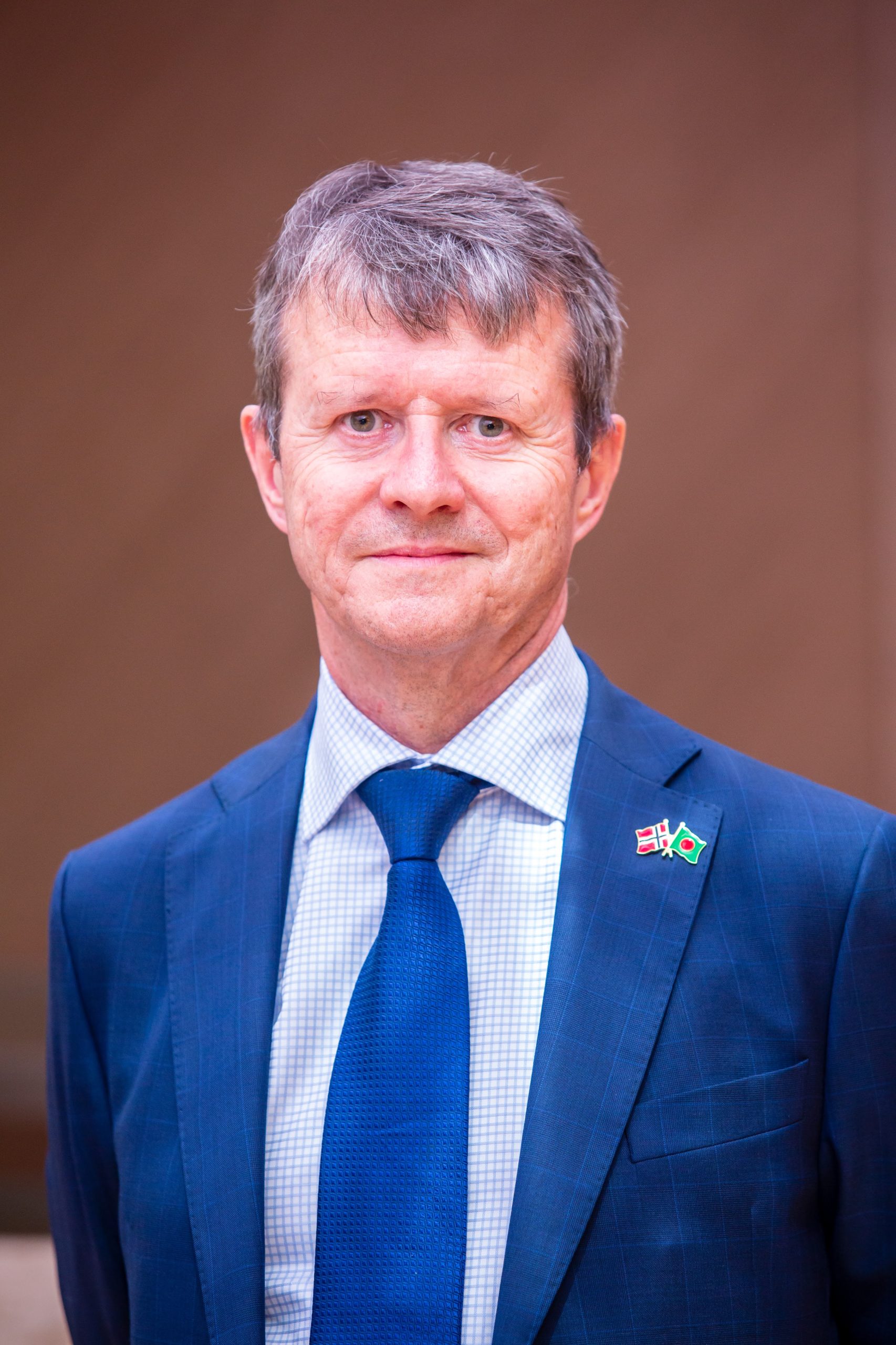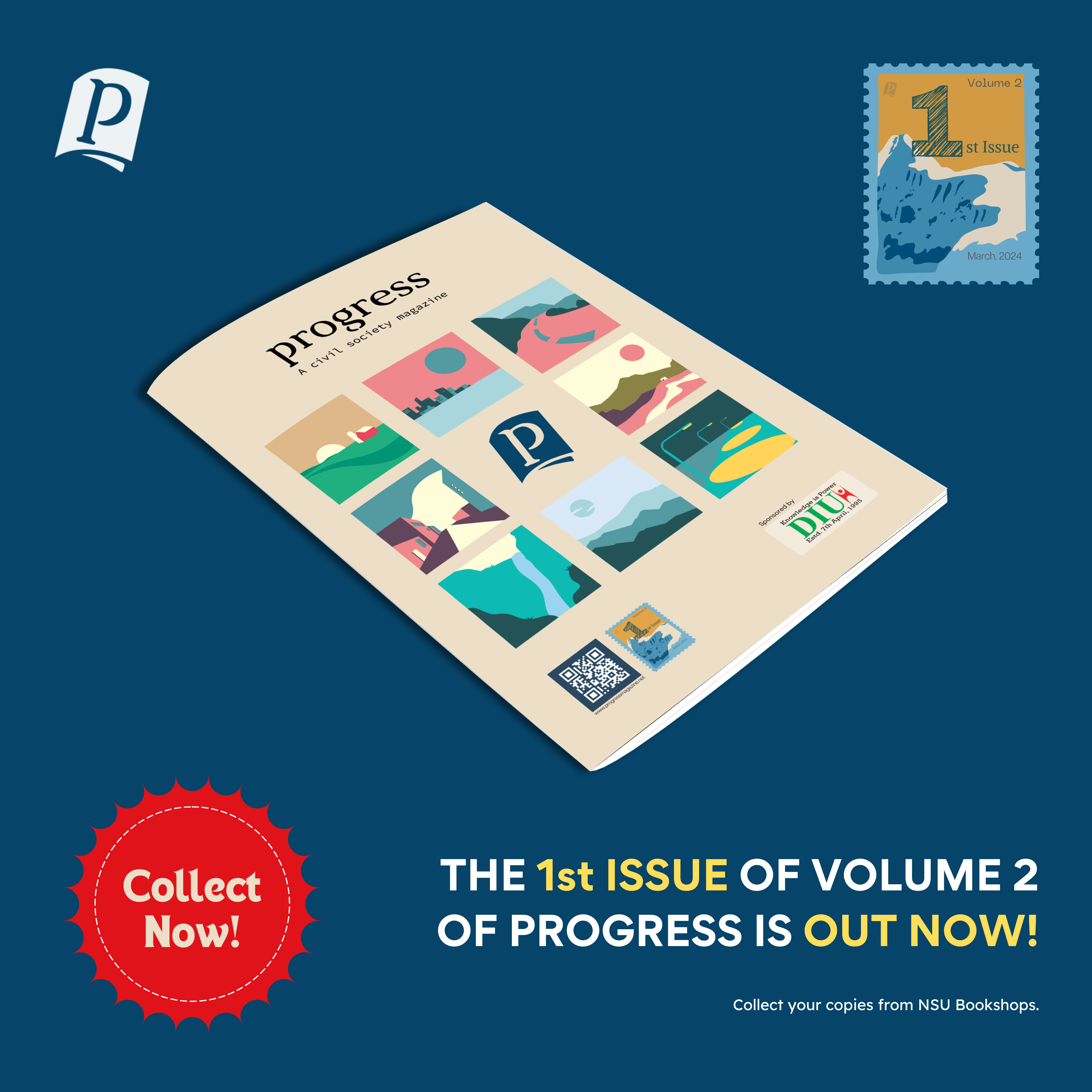Progress:
Excellency, thank you very much for agreeing to be interviewed by Progress Magazine. The first question to you is – Bangladesh is the fourth largest recipient of aid from Norway. As a friend of Bangladesh, would you be able to elaborate on why Norway might have been interested in extending its hands to Bangladesh since right after the War of Liberation?
Ambassador:
Norway established diplomatic relations with Bangladesh on April 14, 1972, soon after the independence, and it continues till today. Bangladesh is so far the fourth largest recipient of Norwegian aid over time. However, a revision some years back in the operational modalities of the two countries has limited the bilateral cooperation and support to only projects concerning climate change and environment, human rights, particularly women’s rights and gender equality etc. Consequently, other direct development programs in Bangladesh have been phased out. Norway is still a major multilateral donor, mainly through the UN system. Our current emphasis is on business cooperation and political dialogue. Bangladesh attracts Norwegian investors to its potential investing sectors- telecommunication, readymade garments, technology transfer, clean-tech, IT, and power which are the rapidly growing sectors in Bangladesh as well.
Progress:
In March 2017, Norway and the United Nations Development Programme (UNDP) signed an agreement to work together to support Rohingya refugees in Bangladesh. How fruitful do you believe the collaborative effort has been?
Ambassador:
The project you are referring to is part of Norway’s humanitarian support to the Rohingyas and host communities in Cox’s Bazar. Norway supported this joint collaboration between several UN entities (UNHCR, IOM, WFP and FAO) to provide safe access to fuel and energy (SAFE plus programme) and for the affected people’s landscape restoration and livelihood strengthening. It provided about 125,000 host community and refugee families with liquid petroleum gas (LPG) and LPG cylinders along with improved cooking sets etc. This allows families to safely cook without needing to gather firewood from depleted forests. It has indeed improved women’s and children’s safety and reduced health risks caused by smoke from open fires. In addition, the project is supporting regreening, watershed and reforestation activities in the area, enhancing host and refugee community relations and providing skills development and livelihoods for refugees and host communities. Thus, our support is aimed at repairing environmental damage and mitigating negative environmental impacts, in addition to providing safer and healthier environment for the refugees. The collaboration has been proven fruitful and following the good results, we have extended our support to the programme in its second phase called SAFE+2. In addition, Norway is also continuing its funding to other humanitarian agencies supports to Rohingyas in the camps. These are mainly channelled through UN agencies, Central Emergency Response Fund (CERF), and international NGOs working in the camps.
Progress:
Excellency, we know that the Bangladesh Foreign Secretary had appreciated the Norwegian government for extending duty-free and quota-free access to Bangladeshi products under Norwegian GSP since July 1, 2002, and requested to continue the same even after Bangladesh graduates from the LDCs group in 2024. To what extent would the graduation affect the relationship in this context?
Ambassador:
At present, all goods exported from Bangladesh enter duty free into Norway. All developing countries enjoy reduced tariffs under the Norwegian GSP-Scheme. The Norwegian GSP-system contributes to fair customs, based on the individual country`s export opportunities, and it follows through three tiers: Least Developed Countries, Lower Middle-Income Countries, and Upper Middle-Income Countries. Certainly, all LDCs enjoy zero (0%) tariffs.
Accordingly, the tariffs will increase when countries experience economic growth over time and graduate from one income category to another. Tariffs are nevertheless lower than the standard tariff rate. In the context of Bangladesh, it may be too early to say what Bangladesh’s economy will look like towards the end of this decade and whether there will be tariffs on exports from Bangladesh.
Progress:
In August 2020, the Government of Norway allocated US$1.5 million to improve ship recycling in Bangladesh. Would you say that ship recycling has a promising future in Bangladesh? What might be the interest on Norway’s part to help Bangladesh in this particular avenue?
Ambassador:
Yes, I would say so! We feel confident that ship recycling will have a promising future in Bangladesh. This is why Norway, in cooperation with the International Maritime Organization (IMO), has supported Bangladesh for over a decade in achieving safe and environmentally friendly sustainable ship recycling in the country. Our assistance is channelled through the IMO to the Industry Ministry of Bangladesh. We have so far provided about NOK 31.5 million (equivalent USD 3 million) throughout 2014-2025 in 3 phases (the Project’s third phase will run till Dec 2025).
Bangladesh is the top ship recycling country in the world, with more than half of the world’s ships recycled here, according to a report by United Nations Conference on Trade and Development (UNCTAD, November 29, 2022). The ship recycling sector in Bangladesh is of great importance to the country’s economy and development. It provides large-scale direct and indirect employment and contributes substantially to the local economic activities. By utilizing the ships’ scrap steel, the country not only fulfils nearly fifty per cent of its internal demand for raw iron but also benefits from the trade of second-hand parts, equipment, fittings, machinery, etc. However, the working practices and the measures relating to occupational health, safety and the environment in some recycling yards need further improvement.
The SENSREC Project follows a pragmatic approach, with a step-by-step reform method intending to improve standards and enhance authorities’ capacity to oversee the business. In addition to the high level of commitment from the government, there currently exists good collaboration and mutual trust between the industry (in particular, the Bangladesh Ship Breakers and Recyclers Association/BSBRA), the IMO and the Ministry of Industry. This has resulted in Bangladesh’s confident ratification of the Hong Kong Convention (HKC) in June this year. This is certainly a big step going forward, and we consider it a major milestone achieved in the SENSREC journey in Bangladesh.
Bangladesh government has also taken steps to establish a Facility for treating hazardous waste generated by the ship recycling industry in Chattogram. Besides, the industry is also trying to show visible improvement in upgrading their yards, alongside ensuring good labour standards and workplace safety in the yards.
I have visited all the upgraded ship recycling yards in Sitakunda, Chattogram, which have already obtained HKC Compliance Certificates from world-renowned classification societies. Very recently (on September 25, 2023), I had the opportunity to visit six more yards I had not previously visited. I was impressed to see the level of progress they have made, and I must say that the whole industry now is serious about modernizing, about upgrading and by adapting to the HKC standard.
Finally, we all have a joint responsibility to ensure that no business should harm our air, sea, or ecosystem. For Norway, ship recycling is a prioritized sector with high relevance to the Norwegian shipping industry, and we will likely see Norwegian ships ending up on the beaches of Chittagong in the future.
Progress:
Given that the Norwegian government owns the majority of Telenor’s shares, would you be comfortable commenting on any role of the embassy, concerning BTRC’s issues with the Telenor-owned Grameen Phone? Has this matter interfered in the bilateral relations between the two countries?
Ambassador:
Grameenphone’s success in Bangladesh is a testimony to the good relations between our two countries and the potential of working together to develop the country. GP has contributed greatly to Bangladesh’s success through its networks and the services it carries. In my opinion, no other actor has contributed more to the digitalization of Bangladesh.
Running a huge operation like GP inevitably entails some discussions – and sometimes even disputes – with the government. Until now, however, these situations have largely been sorted out, and life has moved on. Looking back on the more than 25 years of Grameenphone, I am very sure that no lasting strains on the bilateral relations have been endured over Grameenphone.
Progress:
Excellency, would you share your daily routine as an Ambassador to Bangladesh, with the readers of Progress Magazine?
Ambassador:
A normal day for me starts with fresh fruit salad, coffee, and the leading Bangladeshi English language newspapers. On my way to the office, I marvel at the mix of order and chaos in the Gulshan 2 intersection while thinking of ways to improve the Public Transportation network in Dhaka.
In the office, I am stimulated by contacts and interactions with colleagues in my embassy and the two other Nordic Embassies with which we are co-located. I try to limit the number of internal meetings and the amount of administrative routines in order to give priority to activities outside the embassy. In particular, I enjoy field trips outside of Dhaka. Cox’s Bazar (the Rohingya situation) and Chattogram (ship recycling) are my most frequent destinations, but I have been to Sylhet, Mymensingh, Rangpur and Khulna too. My most memorable trips were to the Hill Tracts and the Sundarbans. Spending the night from Christmas Eve to Christmas Day on board a boat in the tranquillity of the Sundarbans with my son and daughter was an unforgettable experience.











